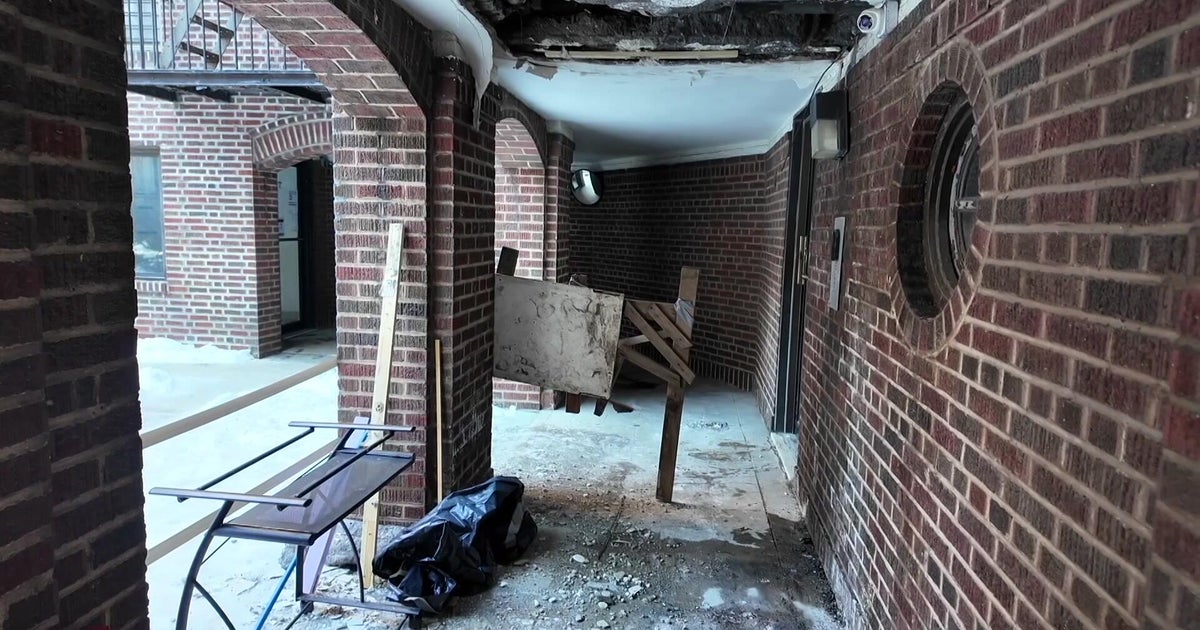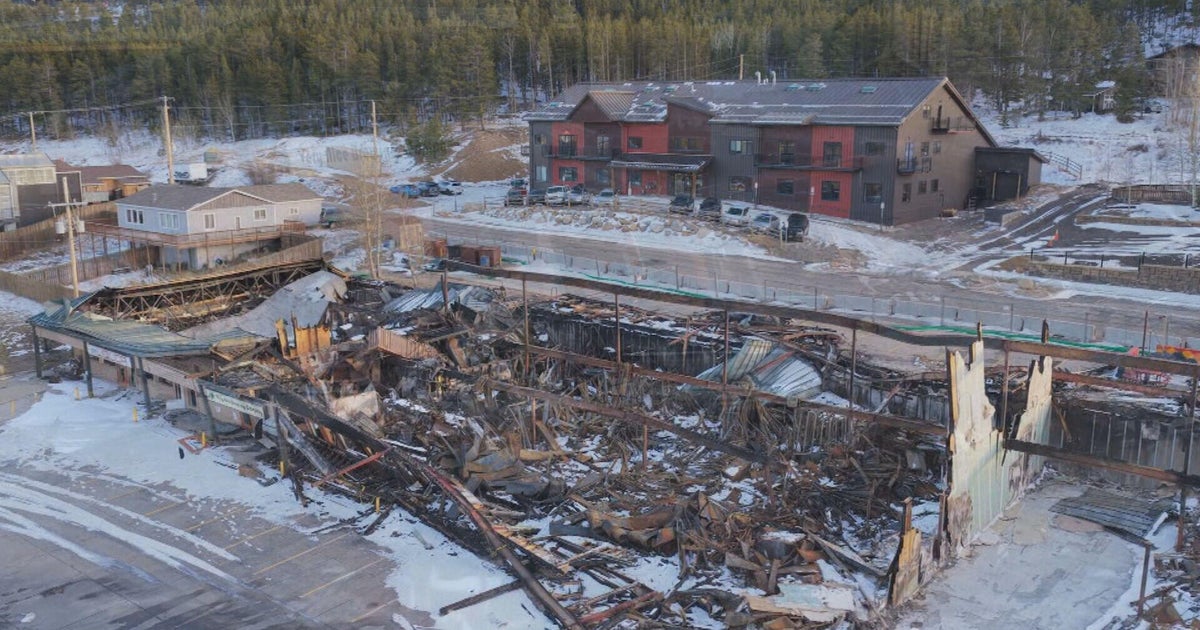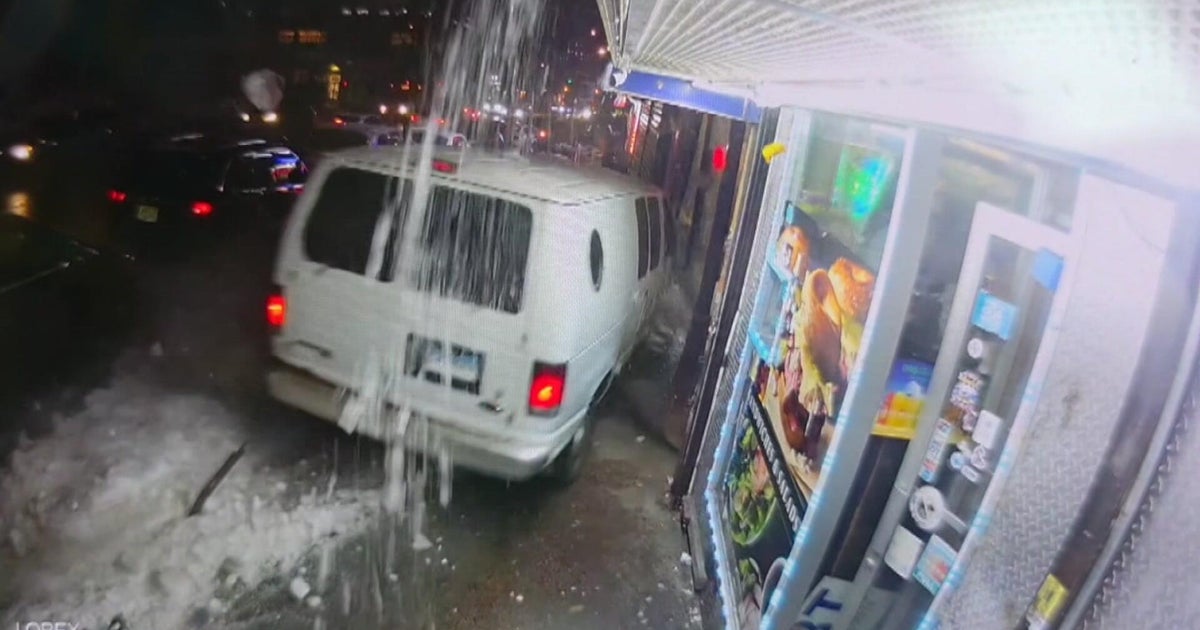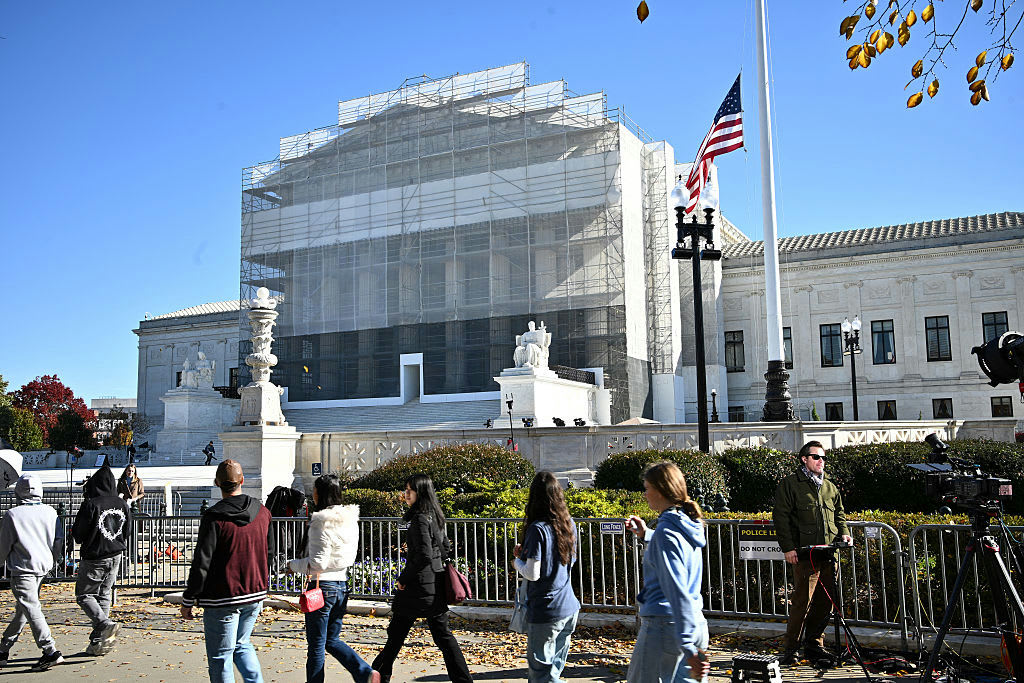For employers, testing workers for COVID-19 is easier said than done
The public debate over whether U.S. employers should reopen for business even as the coronavirus continues to rage has tended to obscure another thorny issue: With COVID-19 showing few signs of letting up, regular testing of millions of workers is becoming an enormous task. Screening is complex, costly and, by the way, no guarantee against potentially lethal outbreaks. Experts said there's more at stake for workers and their employers than just spitting in a tube.
"There are different reasons for testing — either you have someone who has symptoms, or you're conducting asymptomatic screening or surveillance to find positive cases in the workplace before they start to spread," said Megan Ranney, an emergency physician at the Rhode Island Hospital in Providence, Rhode Island. "But even with negative tests, you still need to wear a mask and social distance. Tests aren't meant to take the place of other measures."
Part of the challenge for companies is simply figuring out what kind of test is most suitable to their needs, with each approach having pros and cons.
Doctors have long used PCR tests, which are seen as generally reliable, while antigen tests deliver rapid results. But neither technique is certain to catch every positive case, according to experts. Molecular tests are the most accurate, but can take time to deliver results.
The AES Corporation, a global renewable energy company with offices and facilities in the U.S., Europe, Asia, and Central and South America, has been testing its roughly 5,000 workers across its U.S. operations.
"For 30% to 40% of our workers, it's essential that they be in the field in order to keep the lights on in the communities we serve," said Bernerd Da Santos, chief operating officer of AES. "Our objective has to be the health and safety of our people to guarantee continuous operations."
Workers "self-test at home"
AES has administered roughly 2,000 antigen and PCR tests across its U.S.-based workforce. The company also partners with LetsGetChecked, which delivers PCR test collection kits to people's homes. Employees take their own samples through a nasal swab and send the kit to a lab for processing. Test results are later delivered through a mobile app.
"People can self-test at home, and those tests are a very key step in our safety plan," Da Santos said. "The beauty of it is we can reach anyone in the company at any time, and they can do the test themselves, send it to the lab and have the result in less than 24 hours. It allows us to keep our essential workers in the field."
LetsGetChecked also works with people n the film and entertainment, sports, travel and other industries. Initially, the company prioritized getting tests into the hands of health care workers and at-risk populations. Now that it has ramped up production, "it's become about how do we get the economy moving again, get people back to work and students back to school," said Peter Foley, CEO and founder of LetsGetChecked.
The company has shipped more than 1 million coronavirus tests since the beginning of the pandemic — but testing is just one piece of the puzzle.
"Testing is very important," Foley explained, "but you're running up a hill if people aren't following protocols and doing what they're supposed to in terms of trying to reduce the risk of contamination from one person to another."
"We spit in a tube"
Synthetic biology company Ginkgo Bioworks, in partnership with a testing lab at Rutgers University in New Jersey, test workers at its offices. Every week, the company publishes a testing schedule, and workers sign up for slots.
"I take a test every time I work on-site at Ginkgo," said Patrick Boyle, head of codebase at Ginkgo.
"We spit in a tube and have a health care provider scan the sample's barcode in and out, and you get the results back in a couple of days," he added.
Ginkgo has implemented similar programs for clients, setting up dedicated testing sites in their offices, complete with testing booths and health care providers that manage the flow of workers in and out of the testing areas. The goal is to screen out asymptomatic, infectious individuals.
"This is part of a workplace strategy where 100% of the people most weeks aren't sick and don't suspect they've been sick. But because the spread is driven by asymptomatic people, it's the right way to do things to make sure you're providing employees with an extra layer of insurance," Boyle said.
"Public health 101"
Dr. David Levy, chief executive officer of EHE Health, which helps companies develop policies for coping with COVID-19 in the workplace, said an employer's goal should be to screen out employees who are infected and infectious, but asymptomatic.
"It's public health 101. It's about careful screening, careful identification, contact tracing, hand-hygiene, masks. If you conduct testing in the absence of all of these other things, you are going to have a failure like we have seen in Washington," Levy said, alluding to the White House outbreak that infected President Donald Trump and a number of his aides and visitors.
EHE Health runs about a dozen programs at large companies across the U.S. The cost for employers comes to roughly $250 to $350 per worker, depending on the type of coronavirus test that's used. That figure includes labor and transportation costs associated with testing.
Dr. Anthony Harris, a workplace safety expert and medical director of occupational health company WorkCare, is helping 200 large corporations develop their own coronavirus plans.
"COVID is going to be here for some time, and like with environmental sustainability, we are going to start to see a competitive advantage for companies that are doing well with COVID prevention," he said.



